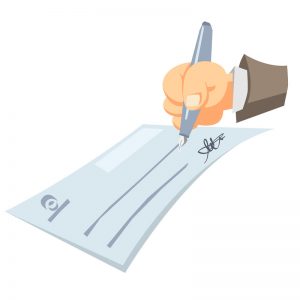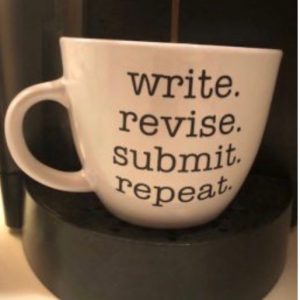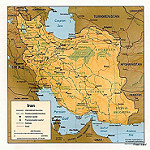I hope when this article hits your screen, you are safe and healthy while sheltering at home. If you are in the medical profession, I’m sending extra-warm health karma your way. You are on the front lines, and we here at NLA appreciate all you do. My mom is almost 80 now and long retired, but she was an RN. I know exactly what kinds of sacrifices you and your family are making right now.
As a way to jump into this month’s article, I re-read my February column. The words “and may become a global threat” have sadly come to fruition. In the last two weeks, our world has shifted on its axis.
We here at the Denver office implemented work-from-home over nineteen days ago, so all of us are luckily sane and virus-free. As half our company already works remotely and all our main processes (including CRM and accounting) are cloud-based, we have seen very little disruption in our work flow. The agent team IMs every day, and we’ve been doing weekly video Chime meetings for the last four years, so it feels like business as usual for us. Where we work literally does not matter, although we all miss laughter and shared coffee.
Publishing as an industry can maintain some stability in this work-remotely world. I can report the following:
- Contracts-in-process are closing in about the same amount of time as they were closing previously.
- Payments and royalties have not been disrupted as almost all publishers pay via ACH.
- Foreign deals are still happening, but they do feel a little slower.
- Film/TV options are occurring, despite news of major agencies doing pay cutbacks and furloughs. I had two offers come in just this week.
- NLA agents are submitting projects, and editors assure us they are eager to read. They have lots of time to read.
The publishing picture is currently stable, but I also want to speak to the reality of having physical stores nationwide shut down for weeks on end. I expect much lower physical print runs in the months to come. Recent releases saw much sharper drop-off in sales than what would have been normal. Although publishers’ marketing and publicity teams are devising alternative strategies, if households are strapped tighter with a layoff, etc., book sales will suffer. That translates to editorial boards being more discerning on what is acquired and definitely more conservative in advances offered.
I anticipate a tightening across the board. Stay inside. Stay well.
Recent news articles:
Publishers Struggle With When and How to Move Pub Dates
Creative Commons Photo Credit: Nenad Stojkovic











